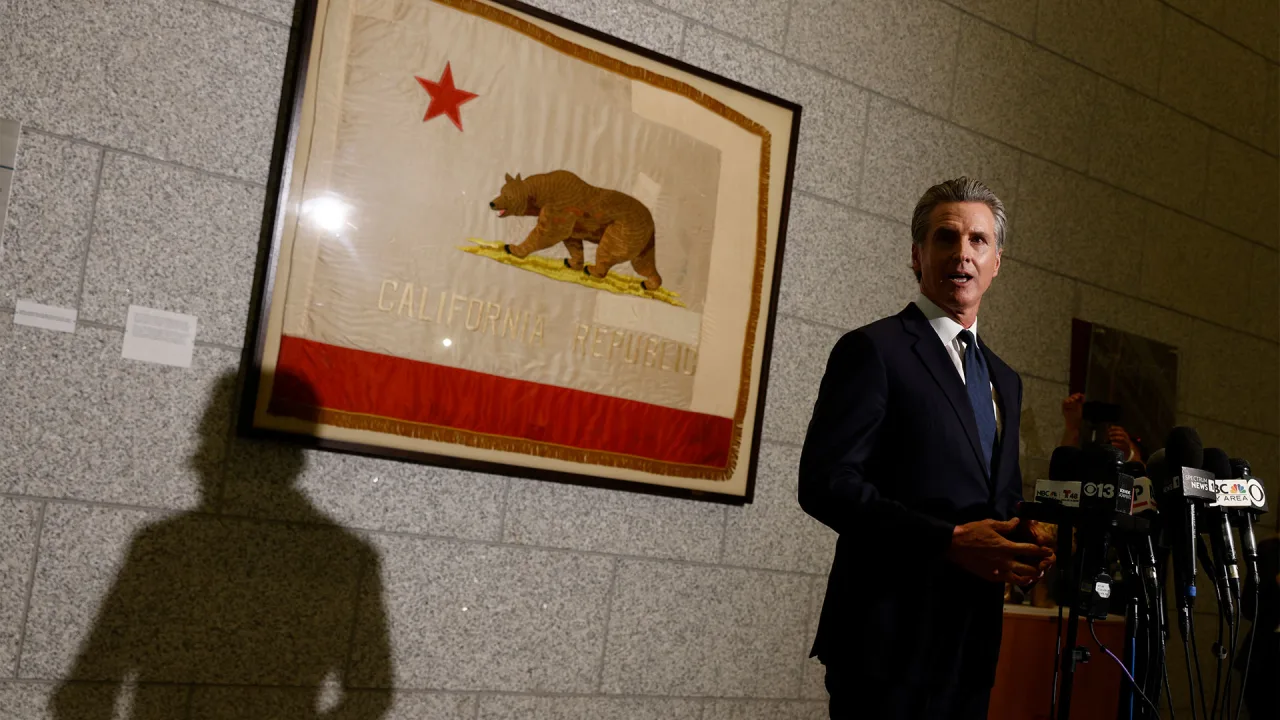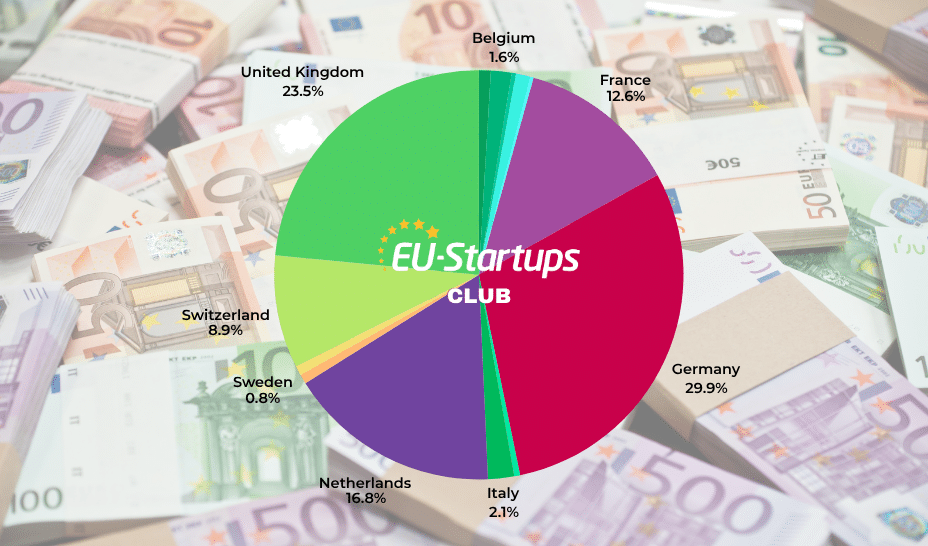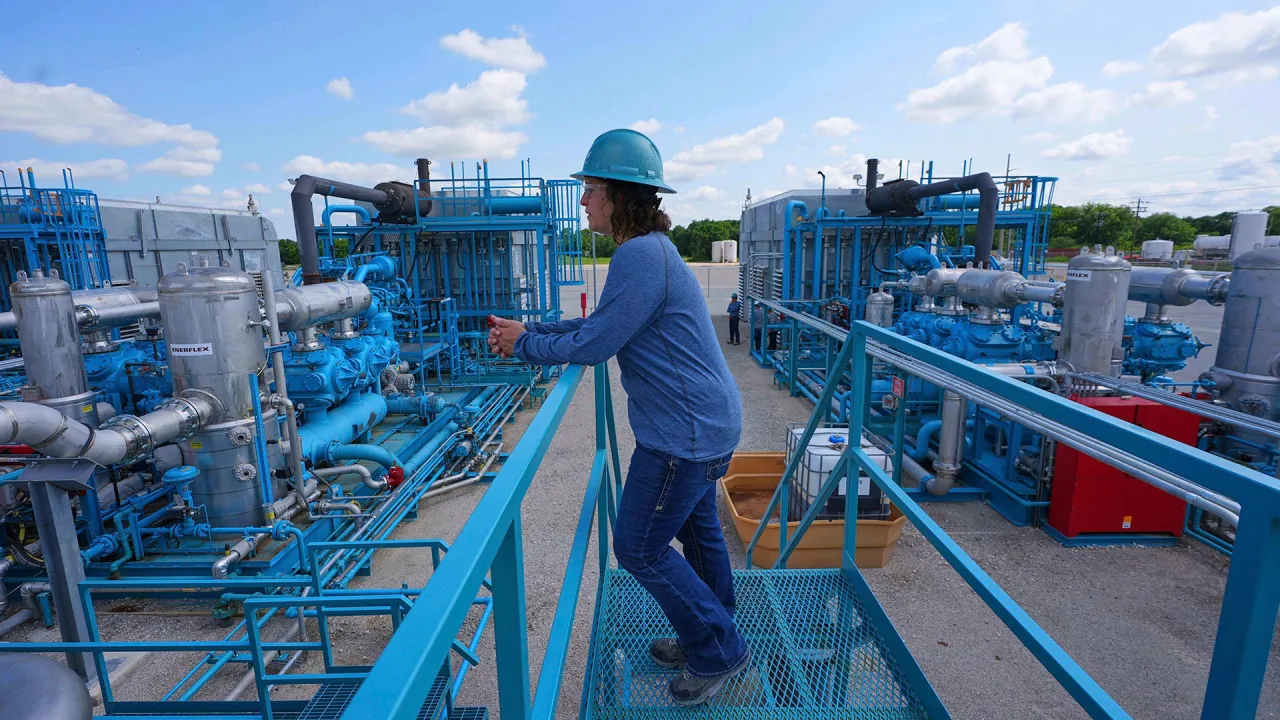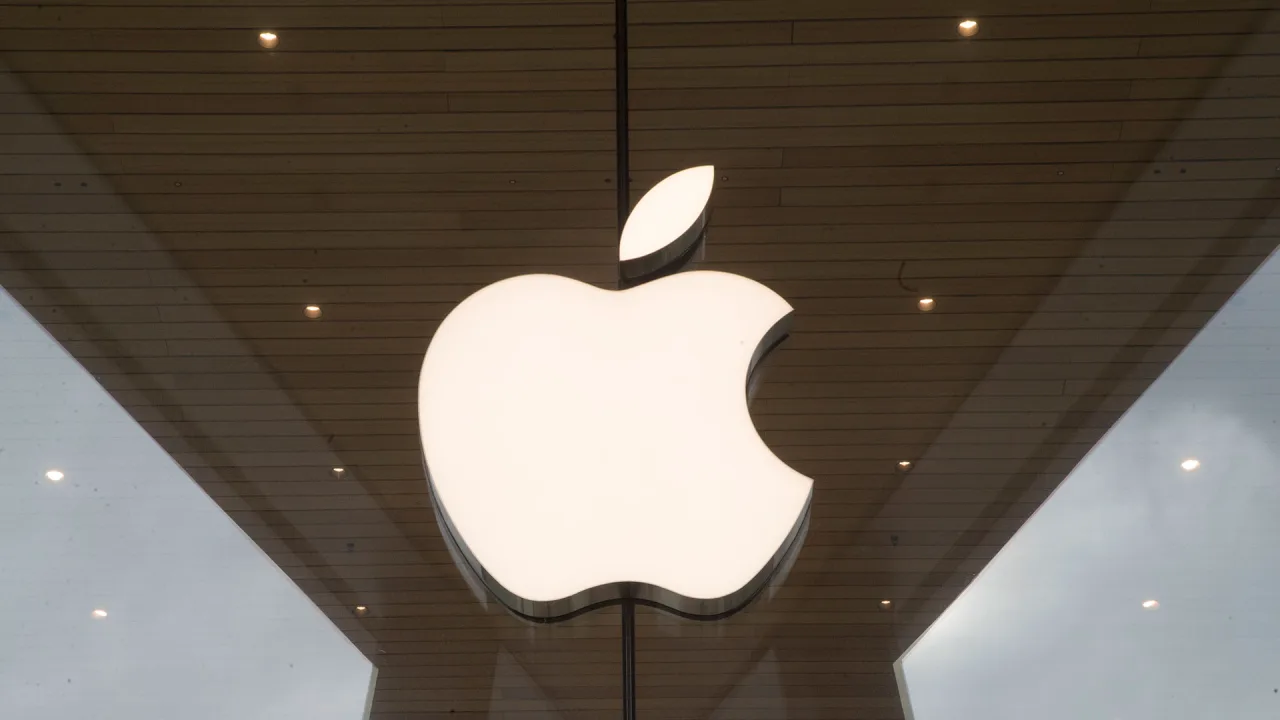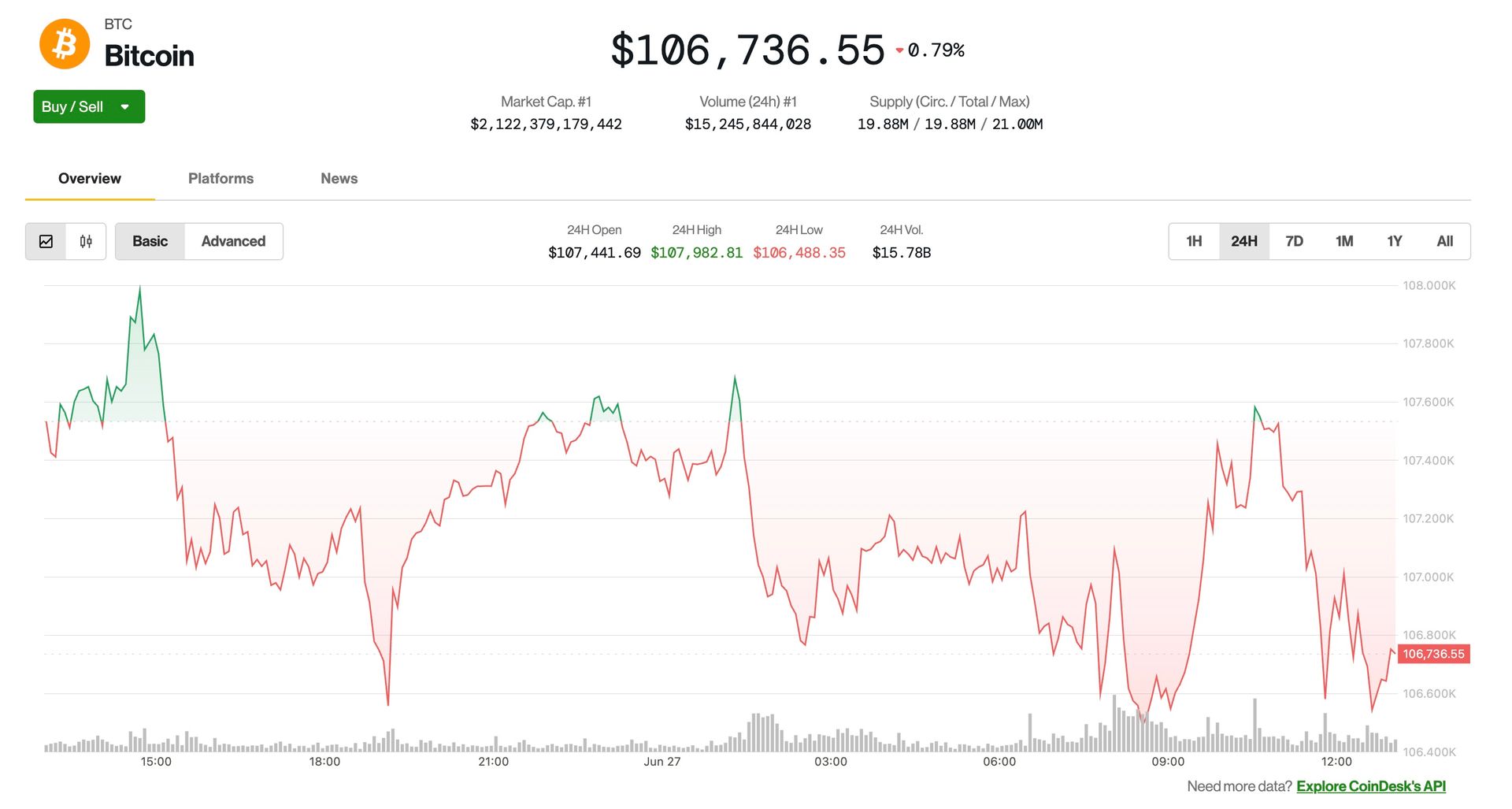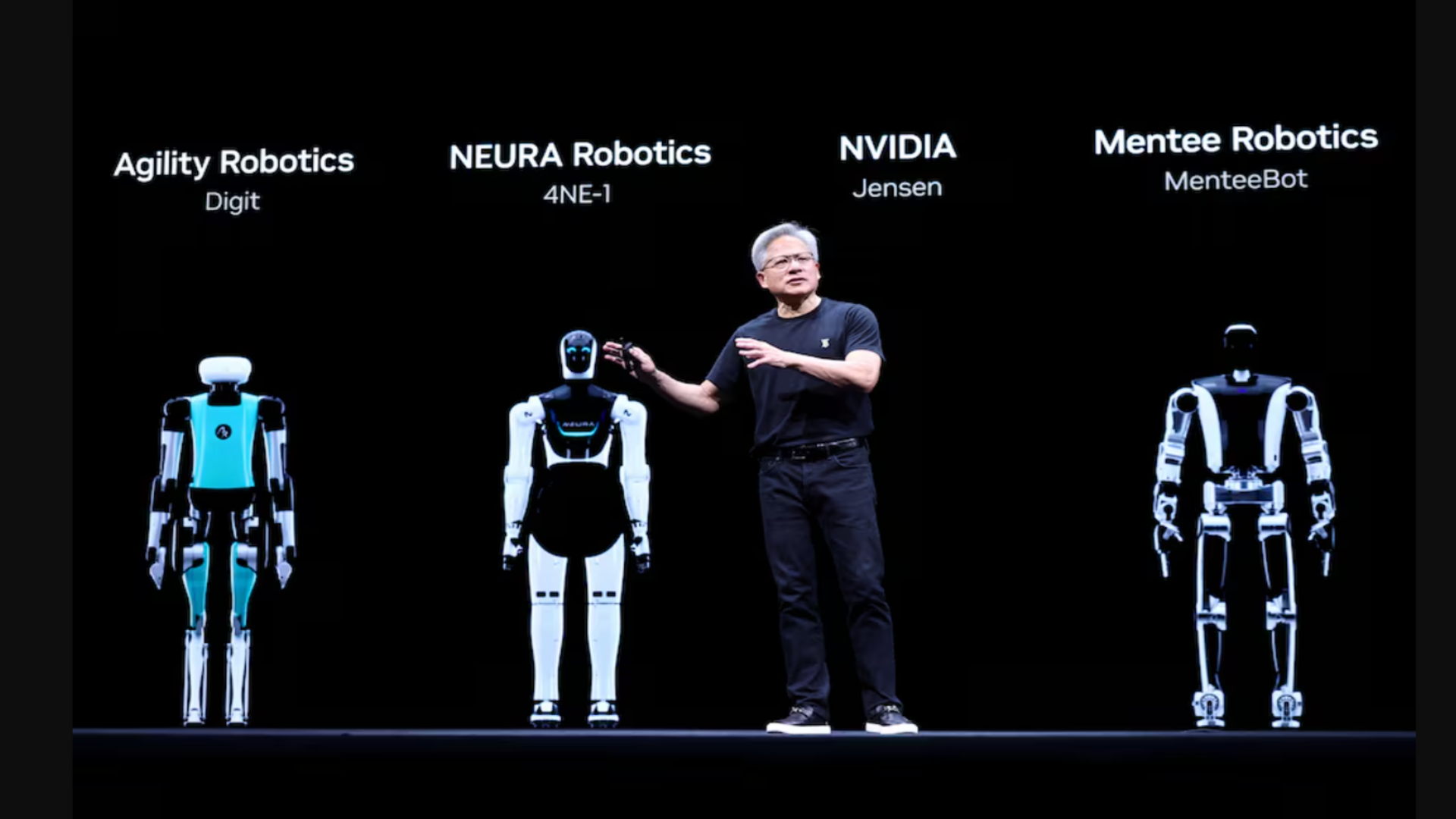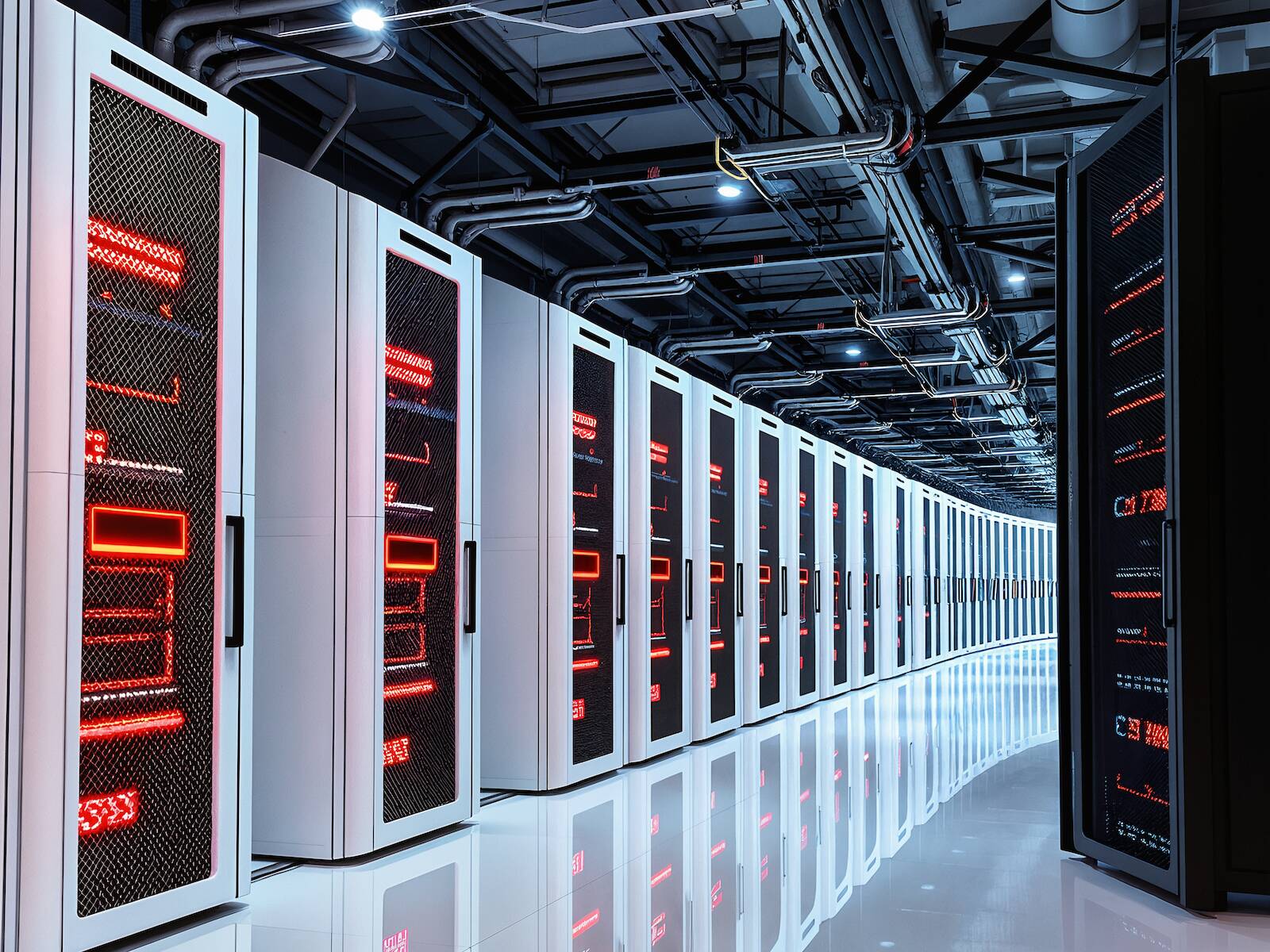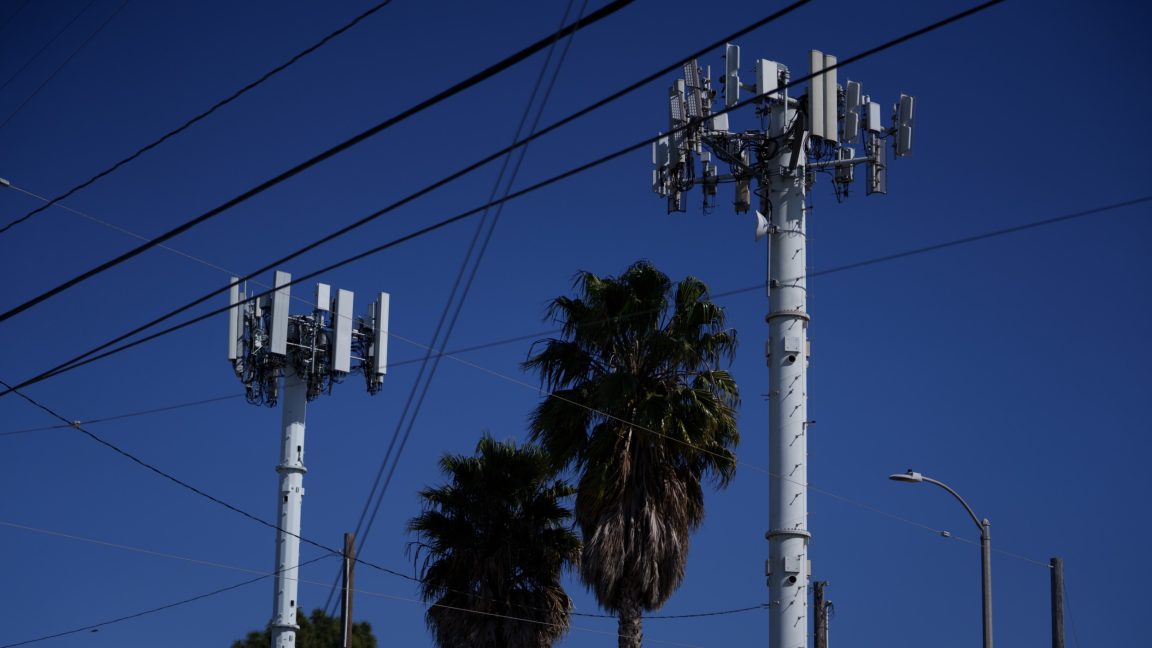Google’s carbon emissions just went up again
Google’s carbon emissions jumped yet again as the company continues to push ahead in AI. The company’s 2025 sustainability report emphasizes that its “ambition-based emissions” grew 11 percent last year to reach 11.5 million metric tons of carbon dioxide pollution, marking a 51 percent increase compared to 2019. That puts Google farther away from its […]


Google’s carbon emissions jumped yet again as the company continues to push ahead in AI. The company’s 2025 sustainability report emphasizes that its “ambition-based emissions” grew 11 percent last year to reach 11.5 million metric tons of carbon dioxide pollution, marking a 51 percent increase compared to 2019.
That puts Google farther away from its goal of slashing planet-heating pollution in half by 2030 compared to a 2019 baseline. But what it calls “ambition-based” emissions excludes certain categories of supply chain pollution it considers out of its control or“peripheral” to the core business of Alphabet, Google’s parent company. That includes certain purchased goods and services and food programs.
A table buried in the report’s appendix shows that its total emissions actually reached 15,185,200 metric tons of carbon dioxide. That’s roughly equivalent to the emissions from nearly 40 gas-fired power plants over a year. Google’s report also highlights a 12 percent reduction in carbon emissions from data centers, even though its energy usage continues to rise thanks to AI. Despite the decrease, carbon emissions from data centers are still far higher when compared to 2019.
In its report, Google cites several factors outside its “direct control” that are making it more challenging to achieve its climate goals. That includes the “rapid evolution of AI” that could make the company’s “future energy needs and emissions trajectories more difficult to predict.” It also calls out changes to climate and energy-related policies, “slower-than-needed” deployment of carbon-free energy technologies, and a lack of carbon-free energy solutions in certain markets. “These external factors could affect the cost, feasibility, and timeline of our progress — and navigating them requires flexibility,” Google writes.
AI is driving up energy usage at other companies like Microsoft and Meta, and the technology is on track to consume more power than Bitcoin by the end of this year. Though AI companies like DeepSeek are aiming to create more energy-efficient models, that prospect isn’t stopping companies like Meta from building a massive, gas-powered data center in Louisiana. President Donald Trump has also signed an executive order promoting the use of coal to power AI data centers.














![What Is a Markup Language? [+ 7 Examples]](https://static.semrush.com/blog/uploads/media/82/c8/82c85ebca40c95d539cf4b766c9b98f8/markup-language-sm.png)


















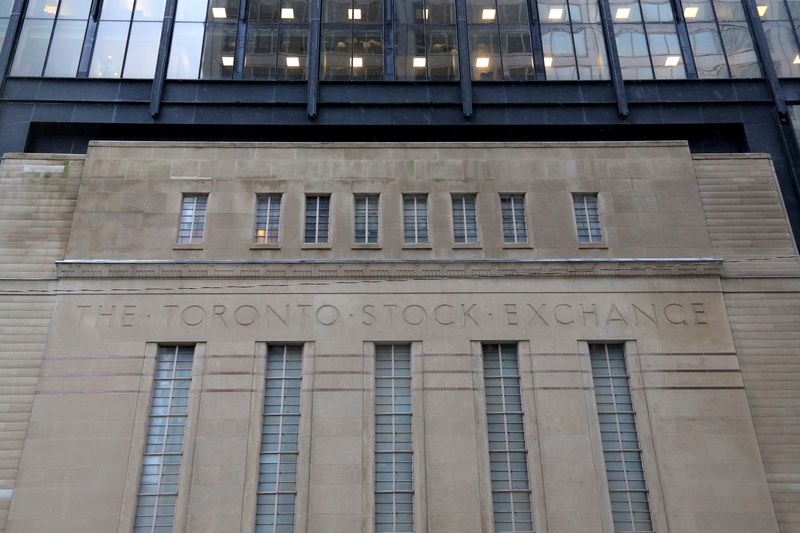






















![[Weekly funding roundup June 21-27] A sharp rise in VC inflow](https://images.yourstory.com/cs/2/220356402d6d11e9aa979329348d4c3e/Weekly-funding-1741961216560.jpg)




